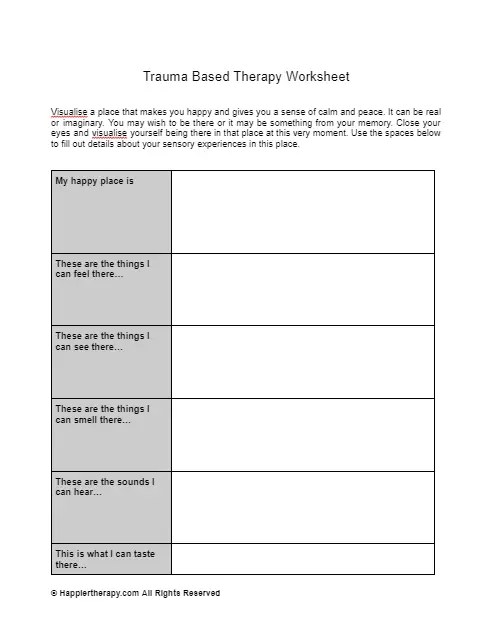My self-care plan worksheet
Download Worksheet
What is the theory behind this My self-care plan worksheet?
Self-care is prioritizing your own mental and physical health before anything else. Small acts of self-care can make a major improvement in one’s well being. Research suggests that taking time out for self-care significantly improves level of competence and achievement in other areas of life.
How will the worksheet help?
Engaging in the provided tasks of self-care can benefit the overall mood of therapy clients, and contribute to positive mental health states. The tasks included in this worksheet tasks are convenient and easy to follow.
How to use this worksheet?
To use this worksheet, 14 research based tasks are listed in the bingo sheet. When clients complete a self-care action (mentioned below) in their day, they are supposed to check off the cube. Once they reach the streak till the mid cube, it’s a ‘Bingo’.

 By
By


